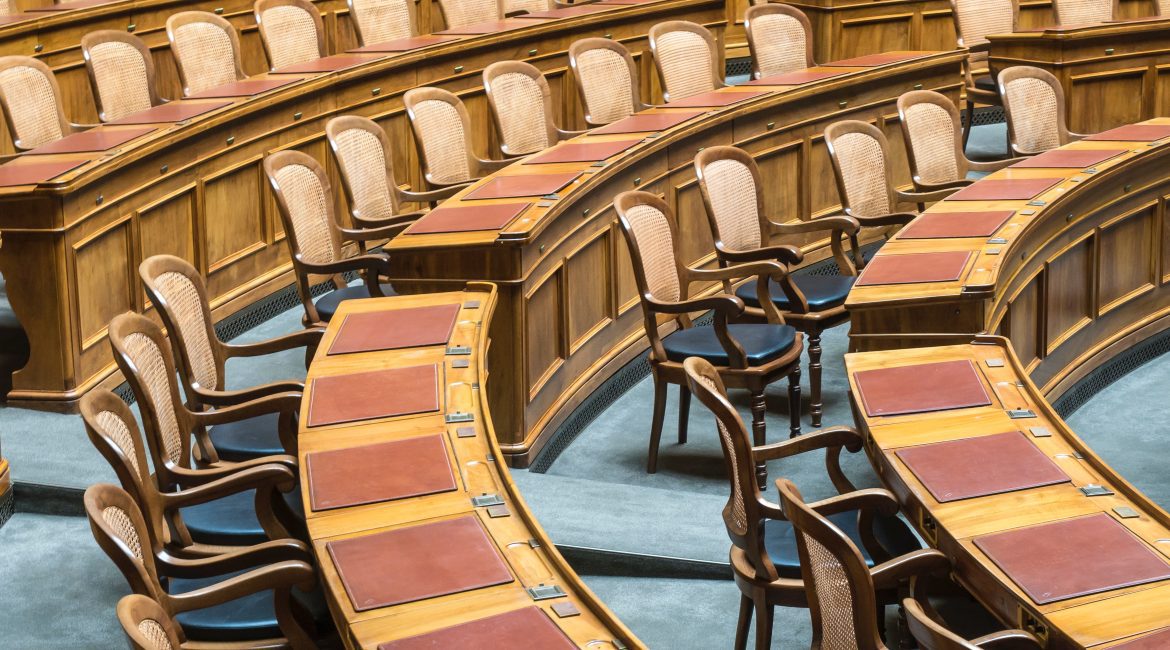At a time when the Iraqi security services are still pursuing ISIS members and cells in places where they are suspected to be present, the government has begun to develop a plan to restore stability to the Tarmiya and Diyala districts, north of Baghdad. In this context, in a statement recently issued by the Ministry of the Interior it is said that "the needs of the Tarmiya and Diyala districts will be provided in terms of security and services by the Ministry of Interior's formations, including traffic, civil defense, crime control, drug control and organized crime to enhance security and stability."
The district of Tarmiya, which is one of the six districts that surround the capital and is called "the Baghdad belt", is one of the most insecure areas. Because it connects four provinces, namely Baghdad, Salah al-Din, Diyala, and Anbar, which made it a safe haven for ISIS members for two reasons: the first is that it opens up to several provinces at the same time, and the second is the large number of dense orchards that can make it difficult for the security services to achieve breakthroughs. The elements of the terrorist organization know very well the entrances and exits of the region, and take advantage of the inability of the people to confront them.
In view of the large number of terrorist operations that took place in the region, which often target the army and police apparatus, who are mostly not from the region, the same people was accused of harboring terrorists, because it is a predominantly Sunni region, and the targets of operations there are soldiers and police officers, the majority of whom are from the Shiite-dominated central and southern governorates. For this reason, voices have appeared from time to time calling for the evacuation of Tarmiya from its Sunni population, which Sunni leaders and representatives in the Iraqi parliament consider as an inacceptable demographic change.
In Diyala region, that is no less hot than what is happening in Tarmiya, with also a different ethnic and sectarian composition, the government is seeking to develop a security plan, after repeated terrorist operations and killings carried out by unruly gangs and armed factions, which made it the hottest place in Iraq after the military defeat of ISIS in late 2017.
In this context, security sources confirmed to local news agencies the launch of a sudden combing operation in the Bazayez district of Buhrz, south of Diyala, by joint security forces from two axes. The sources told that "the operation, which has 3 objectives, comes as part of efforts to end any threat from ISIS sleeper cells and to sweep roads, deserted areas, and agricultural creeks, especially homes, some of which representing safe havens for criminal terrorists." And added that "the operation comes within the framework of securing the surroundings of many agricultural villages by increasing stability and security in a geographical area that still faces challenges in some parts."

